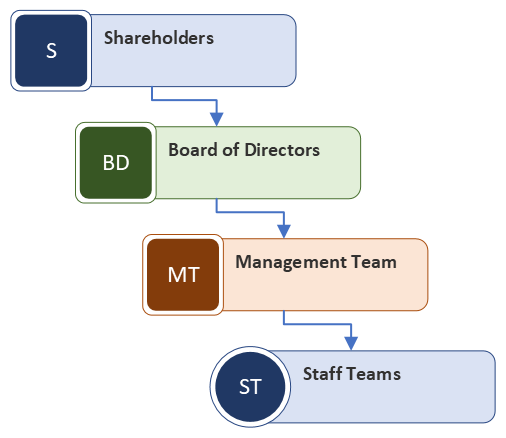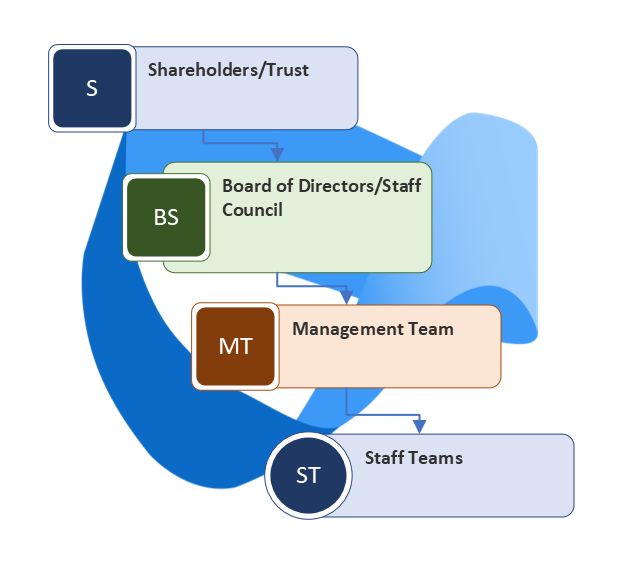Employee Owned Trusts were created in 2014 by the UK government to allow businesses to be sold in a way that encouraged employees to be more engaged in the company. The main benefit is that staff would be able to take a more active role in running the business, whilst allowing the owner to retire from the company and pass the company to their employees, whilst the owner enjoys a sale with a zero-rated Capital Gains Tax.
Tax efficient sales process
When you sell a business, a tax event happens, you have realised a capital gain which incurs a tax at 20% of the sale proceeds. So if a company is sold for £5,000,000 the basic tax is valued at £1,000,000. There are ways of reducing this which are based on your own personal circumstances.
Deductions
Personal Tax Allowances
When writing in the UK, you have a personal Capital Gains Tax Allowance of £6,000 per annum which means you will pay no tax on that first £6,000.
The amount of personal allowance changes based on the government, and you are unable to claim unused allowances in previous years.
Business Asset Disposal Relief (Previously Entrepreneurs Relief)
With Business Asset Disposal Relief you can claim a deduction in Capital Gains Tax to 10%, there are criteria around the eligibility of the business owner, which you can find here
There are also limits to business asset disposal relief. You can only claim a total of £1,000,000 in your lifetime, meaning if you plan to sell a business worth more than £10,000,000 or during your lifetime you are likely to sell other businesses you may have to pay the full 20% rate.
Employee Ownership
With Employee Owned Trusts the qualified seller receives a zero-rated Capital Gains Tax Rate for the value of the business sold to the Employee Owned Trust. At the moment the Government has added no limitations on the amount of benefit a seller can receive. Meaning you could save the full 20% Capital Gains Tax on multiple business sales over your lifetime.
There are limitations to this tax benefit
- At least 51% of the business needs to be sold to the trust
- If the previous owner is to retain shares or a role within the business then at least 4 members of staff are needed for each owner or member of the owner’s family.
- The sale price needs to be at the value of the business, i.e. the business is not allowed to be sold for more than the current independently verified value of the business
Employee Benefits
As a member of the Employee Owned Trust, the staff are able to receive an annual benefit of £3600 tax-free. They get to share in the profits of the business which are distributed by the Trust to all members in an agreed way. Any additional payments are liable for income tax and national insurance payments.
The Employees also get to nominate board members for the business, usually through a staff council election. These staff represent the staff and have a deciding vote on how the business is managed moving forward. Meaning staff needs are considered as part of running the business.
Company Structure
The Company Structure after the sale to an Employee Owned Trust is not unlike a standard business model;
Standard Model
Within a standard model, the staff are answerable to the management team structure and do as instructed to perform tasks as per their job description. The management team are answerable to the board of directors who decide on the direction of the business and implement strategies as needed. The directors are themselves answerable to the shareholders who are the owners of the company.
Shareholders generally receive the profit of the company as part of any distribution of dividends. Some people may exist within multiple sections of this structure, for example, within owner-managed businesses, the owner (shareholder) is also on the board of directors and also part of the management team. Within some businesses, some members of staff may own shares in the business.


Employee Ownership Model
Within an Employee Owned business, the lower part of the structure is the same as any business. Staff work for managers and complete their tasks as needed. Managers themselves are still answerable to the board of directors. However, the board will consist of members of staff who are voted in as a member of the staff council.
The shareholders will consist of any shareholders but also include the trust. Any available dividends will be passed to the shareholders as normal, however, the monies distributed to the trust will then be redistributed to the staff based upon agreed rules.
Our Office
We are based in Sheffield but cover the whole of Great Britian
Office Hours
Mon-Fri: 9am – 5pm
Sat-Sun: Closed
